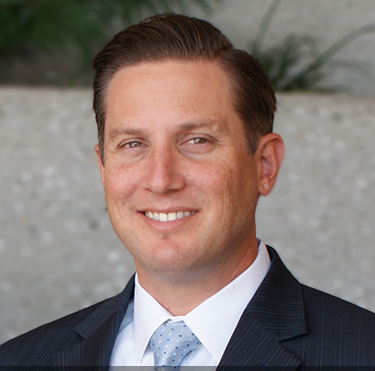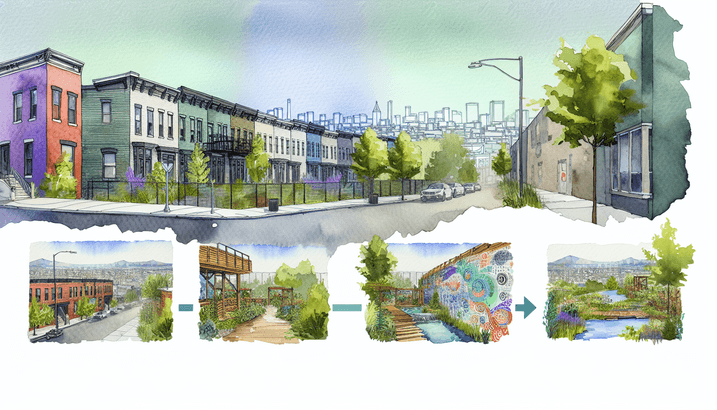
Construction Defect Claims
Beware of Expiring Time Limits
All hotel and lodging owners know the importance of budgeting for the regular and ongoing maintenance and repairs that are required for the preservation and upkeep of their buildings. However, for the owners of newer hotels, some repairs and maintenance may not be of the “ordinary” variety. Rather, they may be due to the existence of construction defects that represent a departure from sound building methods and can result in extraordinary maintenance and repair costs, loss of use of rooms, and a compromised experience for guests. These defects are not always readily apparent for many years after completion of the project.
The builders and contractors responsible for the construction of buildings bear liability for any defective conditions that occur under their watch, meaning that owners can recover money for repairs and lost revenue, but only if claims are pursued in a timely manner and if related evidence is preserved. If a claim for construction defects is not made timely, or if defective conditions are not properly documented during related repairs, the remedy opportunity is forever lost.
Time limits on claims for construction defects fall into three general categories. The first is commonly referred to as a “statute of limitation.” These are triggered by the “discovery” of the applicable defect and “start the clock” on the owner’s claim period. Pursuant to the California Code of Civil Procedure sections 337–339, an owner has between two to four (2–4) years, from the date of discovery, to pursue a claim for construction defects, depending upon whether that claim alleges breach of oral contract, damage to property (negligence), or breach of written contract. The clock can only be stopped by way of a lawsuit or a written agreement to “toll” the claims period.
Importantly, the date of “discovery” may be ambiguous and subject to debate because Courts do not require actual knowledge of the defect. Rather, if the defendant developer/ builder/contractor can show that the building owner should have known that a problem existed, the owner may be charged with constructive knowledge of the issue, thereby triggering an early start to the claims period. While every situation is unique and highly fact specific, record-keeping related to ongoing maintenance and repairs that, at the time, may have been thought to be routine and innocuous, could serve to unknowingly commence a statute of limitation.
Next, California law also provides for an outside “statute of repose,” per Code of Civil Procedure section 337.15. Pursuant to this portion of applicable law, the claims period for latent (unknown) defects is limited to ten (10) years from the completion of the project. This means that even if an owner has no actual or constructive knowledge of defects at their building, once that building is more than ten (10) years old, the owner has no legal recourse whatsoever against those responsible for any potential defects. Finally, development/construction contracts, which are often written by the builders of hotels and lodgings, may contain provisions that serve to reduce the otherwise applicable statutes of limitation and repose, thereby reducing (sometimes significantly) an owner’s rights related to the pursuit of a construction defect claim.
Construction defects present a potential challenge to all owners of buildings and real estate improvements. However, they are especially problematic in the hospitality context as the inconvenience and disruption associated with necessary repairs may lead to a bad experience for guests whose stay is interrupted by repair activities. Additionally, specialized (see more expensive) contractors may need to be retained and specific repair protocols (see slower process) observed in order to preserve basic elements of guest hospitality. In turn, this may result in a significant loss of revenue and a tarnishing of the reputation of an otherwise attractive and well-run property.
Remedying construction defects at hotels and lodgings is typically an inherently challenging process. However, it may ultimately be necessary in order to ensure the ongoing viability of the property. As such, it is vital that construction defects be identified as early as possible and that a claim be pursued in a timely manner, so that those responsible for the defects (and their insurance carriers) will be held accountable for their mistakes. This is a complex field and owners should work with counsel and design professionals specializing in construction defect matters in order to protect their financial interests and to ensure that unknown construction issues do not derail an otherwise successful hospitality venture.

Aaron Zimmerman is a Partner in the law firm of Berding & Weil, LLP in California.




